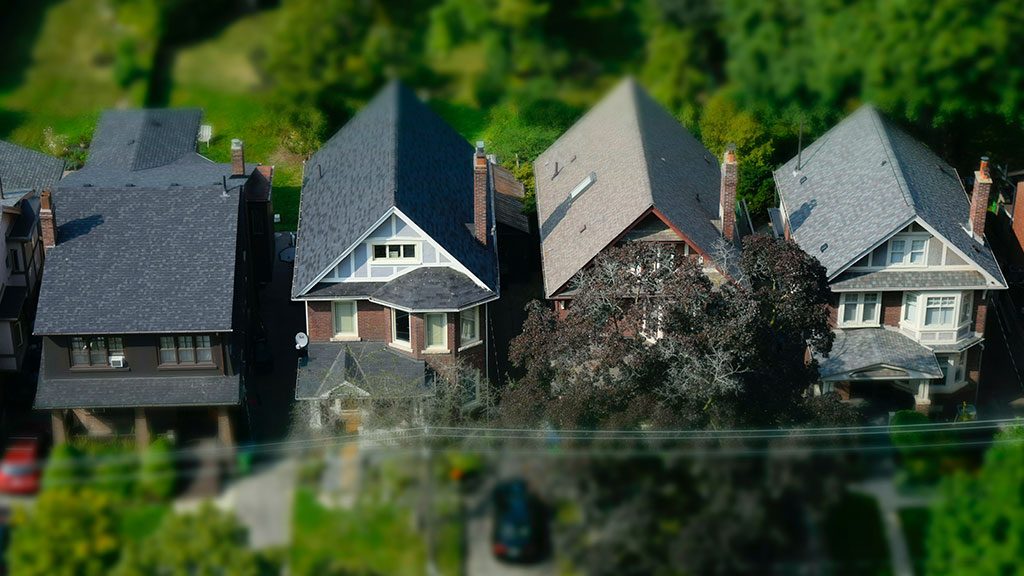We can no longer tinker around the edges and apply Band-Aid solutions to the housing crisis problem. This is an emergency situation and it is time for concrete measures to get shovels in the ground.
Canada has the lowest amount of housing per capita of any G7 country, according to a Scotiabank report, and Ontario faces the biggest shortage of the provinces.
Another 650,000 homes would have to be built to get Ontario to the same level of homes per capita as the average in other provinces and 1.2 million would have to be built for the province to catch up to international peers.
There is some light at the end of the tunnel, however. A Housing Affordability Task Force has come up with a series of measures that, if implemented, will speed up development and revolutionize how municipalities approve housing projects by removing obstacles to building the missing middle of the housing market.
All in, the report has laid out an impressive array of 55 sweeping reforms. The changes are concrete measures aimed at reining in home prices by dramatically boosting the supply of housing.
The report is undoubtedly welcome news for developers, builders and those in need of housing. The proposals in the report will dramatically shift the needle in terms of building more housing stock.
I am hopeful that the Ontario government can bring in the reforms before the June 2 provincial election. We must strike while the iron is hot and the need is great. This is the right time for this action.
The task force has recommended that Ontario set the very ambitious and very bold goal of building 1.5 million homes over the next 10 years. This would certainly get us out of the housing crunch.
In 2021, about 92,000 housing units were started and in 2020 the figure was 79,000, so we’d have to double production to reach the target.
The task force report provides an ambitious blueprint of how to get there. It provides the progressive out-of-the-box type of thinking that we need.
The report recommends municipal policies that focus on preserving a neighbourhood’s character and establishing uniform provincial standards for urban design and setbacks should be repealed.
Proposed changes would lessen the grip that municipalities have over developments and give the province authority to increase housing density in neighbourhoods that are presently zoned exclusively for single-family homes.
Changes to zoning restrictions would mean secondary suites, garden suites, laneway houses and multi-tenant housing would be allowed in neighbourhoods that previously only permitted detached or semi-detached houses.
Meanwhile, the task force is suggesting that there should be limits on the amount of time spent consulting the public on housing developments and legislating timelines for development approvals. If a municipality misses an approval deadline, a project would get an automatic green light and the municipality would have its provincial funding reduced.
RESCON is delighted with the proposed changes as it gives us a comprehensive strategy to fix systemic barriers to building housing.
We know the current way of doing things has not been working, as house prices have almost tripled in the past 10 years. The cost of the average dwelling relative to income in Toronto, for example, is by far the worst amongst G7 countries, largely because the approvals process is cumbersome and stymies development.
A report done by RESCON shows obtaining a site plan approval from municipal authorities in Ontario almost always exceeds the established 30-day timeline, taking up to 180 days on average. The entire process takes an average of 249 days, almost 100 days more than the average in other OECD (Organization for Economic Cooperation and Development) countries.
Economically, lack of affordable housing is costing the Greater Toronto Area up to nearly $8 billion annually — or up to almost $38 billion over a five-year period.
We are at a point where many young people — and those with well-paying jobs — have given up on the prospect of owning a home. If no action is taken, the situation is guaranteed to get worse.
The population of Ontario is expected to grow by 2.27 million people over the next decade. More than 400,000 immigrants will be coming to Canada in each of the next several years and will need homes.
The proposals outlined in the task force report will certainly shift the needle and result in more housing.
Richard Lyall is president of the Residential Construction Council of Ontario (RESCON). Send Industry Perspectives comments and column ideas to editor@dailycommercialnews.com.











Recent Comments
comments for this post are closed